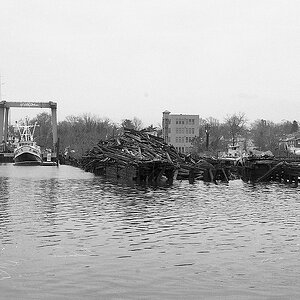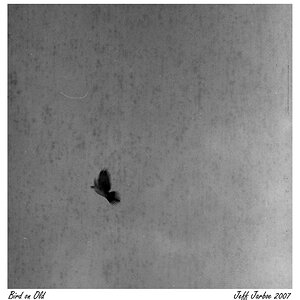Kawaracer
No longer a newbie, moving up!
- Joined
- Oct 17, 2014
- Messages
- 194
- Reaction score
- 102
- Location
- Belgium
- Can others edit my Photos
- Photos OK to edit
on my blog (clicksofconcerts.wordpress.com) I posted some tips on concert photgraphy.
Are those tips usefull to start concert photography? Are there any tips I should add?
Concert Photography what and how? my tips for great concert photos.
Get to know your camera, finding your settings blindly is a 'must'.
Work in manual mode, I have more misses with shutter or aperture priority. Your camera can not take into account what happens infront of your camera and can not anticipate.
I use back button focus (Nikon AF-ON), which gives me more control over autofocus.
Imagine ISO sufficiently high, usually ISO1600 sufficient unless there is no front lighting, try to avoid flashing this takes away a lot of atmosphere.
Using fast lenses, for the obvious reason that there is often little light. For moving artists you don't have much profit with vibration reduction. The limited DOF can often be used to isolate the artist from busier backgrounds.
Make sure your shutter speed is less than or equal to your focal length. If I use my 80-200mm, I stay above 1 / 200th then I am sure that I have sufficiently sharp images at 200mm.
Check out the lighting and how it changes and try to anticipate, there is often a pattern or logic.
Look for emotion, expression, and (inter) action. Shoot those moments!
Keep an eye on the background and foreground . This makes the difference between an average picture and a real top picture. You should avoid linescoming out of heads, microphones in ears, etc.. Course this is not always possible and an action may not repeated itself so capture it and maybe it can be solved in postprocessing.
Try different positions. Make sure you know the habits of the artists (typical expressions/movements, in which hand the micro, ...) so you can anticipate and be at the right time at the right place.
Choose the correct focus point for your composition.
Are those tips usefull to start concert photography? Are there any tips I should add?
Concert Photography what and how? my tips for great concert photos.
Get to know your camera, finding your settings blindly is a 'must'.
Work in manual mode, I have more misses with shutter or aperture priority. Your camera can not take into account what happens infront of your camera and can not anticipate.
I use back button focus (Nikon AF-ON), which gives me more control over autofocus.
Imagine ISO sufficiently high, usually ISO1600 sufficient unless there is no front lighting, try to avoid flashing this takes away a lot of atmosphere.
Using fast lenses, for the obvious reason that there is often little light. For moving artists you don't have much profit with vibration reduction. The limited DOF can often be used to isolate the artist from busier backgrounds.
Make sure your shutter speed is less than or equal to your focal length. If I use my 80-200mm, I stay above 1 / 200th then I am sure that I have sufficiently sharp images at 200mm.
Check out the lighting and how it changes and try to anticipate, there is often a pattern or logic.
Look for emotion, expression, and (inter) action. Shoot those moments!
Keep an eye on the background and foreground . This makes the difference between an average picture and a real top picture. You should avoid linescoming out of heads, microphones in ears, etc.. Course this is not always possible and an action may not repeated itself so capture it and maybe it can be solved in postprocessing.
Try different positions. Make sure you know the habits of the artists (typical expressions/movements, in which hand the micro, ...) so you can anticipate and be at the right time at the right place.
Choose the correct focus point for your composition.


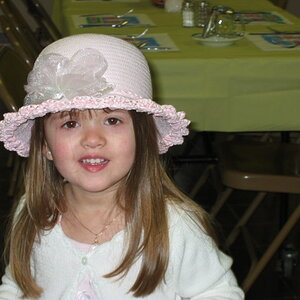
![[No title]](/data/xfmg/thumbnail/35/35968-01893eeb6a205c00827118fe5bb79703.jpg?1619737286)
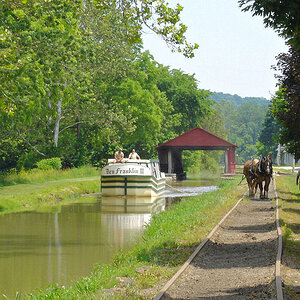
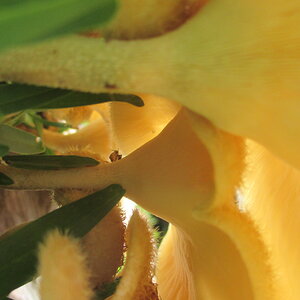
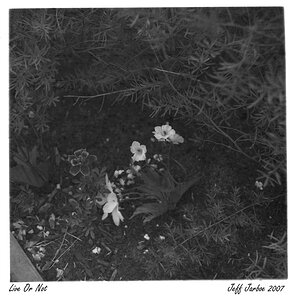
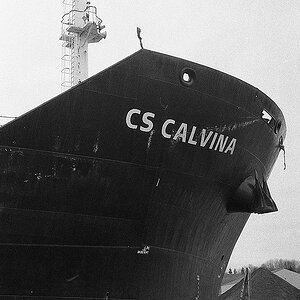
![[No title]](/data/xfmg/thumbnail/37/37605-90c8efaef5b7d1f52d4bf8e7dfd33673.jpg?1619738148)
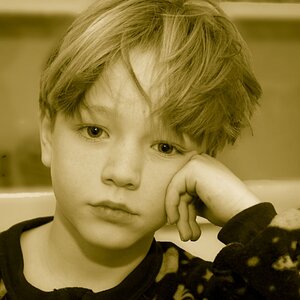
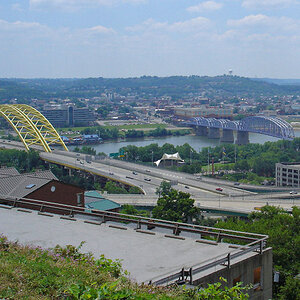
![[No title]](/data/xfmg/thumbnail/41/41765-153b10bab62ae8adbcc4d984fd08ed74.jpg?1619739885)
